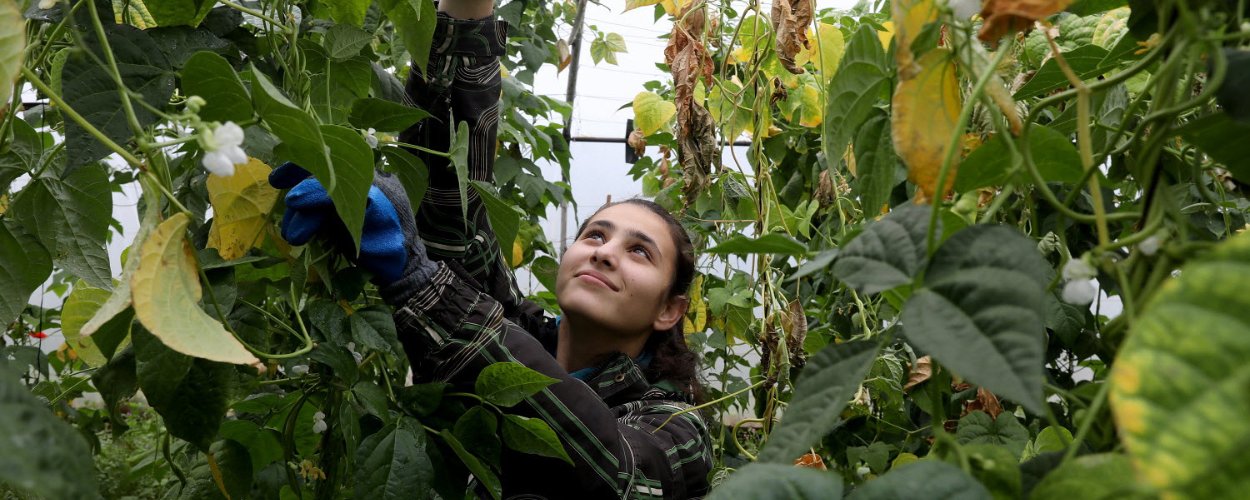SEED FUNDING JOINT PROGRAMMES
Rwanda
Resilient Food Systems: Enhanced Value Chain and Post Harvest Management





PROJECT TITLE | Resilient Food Systems: Enhanced Value Chain and Post Harvest Management |
| Context | Food systems transformation is embedded in several national policies in Rwanda, including the National Transformation Strategy, the Strategic Plan for Agriculture Transformation, the National Environment and Climate Change Policy. In 2021, Rwanda developed its National Pathway, which highlights four priority areas for the country towards 2030: ensuring food security and nutrition for all, while increasing demand for healthy diets; enhancing the environmental sustainability of food systems; improving livelihoods for farmers and all workers in food systems while building resilience to shocks; promoting inclusion of women and youth in food systems, including through enhanced financial opportunities. |
| PUNOs | FAO, WFP, IFAD |
| Contribution to SDGs | SDG 1 No Poverty; SDG 2 Zero Hunger; SDG 8 Decent Work and Economic Growth; SDG 13 Climate Action |
| Contribution to other SDG transitions | Decent Jobs and Universal Social Protection; Energy Access and Affordability |
| Duration | July 2024 – June 2025 |
| Expected financial leverage | $ 3,070,000 |
| Alignment with SG Call to Action | Policy integration; Food systems governance; Research, data, technology and innovation; Inclusive and participatory design; Private sector engagement |
| Outcomes | The JP leverages on improved post-harvest management as a strategic approach to simultaneously reduce food loss, improve incomes, and boost food availability. The JP promotes the economic integration of youth-led MSMEs and builds linkages with partners and initiatives focused on nutrition and food security to connect the dots between food production, processing and consumption. |
| Partners |
|
| Outputs |
|
Food Systems Solutions Dialogues: 2023 schedule is out!

©FAO/Marwan Tahtah
The Food Systems Solutions Dialogue schedule for March - July 2023 has been released.
These dialogues will bring together Food Systems National Convenors and other government participants, experts and stakeholders from various sectors to discuss the most pressing challenges facing our global food systems. The dialogues provide a platform for participants to share ideas, experiences, and innovative solutions to transform our food systems and accelerate the achievement of the Sustainable Development Goals.
The upcoming schedule for March - July 2023 includes a series of virtual dialogues on various topics such as finance, multi-stakeholder collaboration, building resilient food systems, science and technology, gender mainstreaming, and planning for the UN Food Systems Summit +2 Stocktaking Moment. The sessions will feature keynote speakers, expert presentations, and interactive breakout sessions to facilitate dialogue and knowledge exchange.
See the full schedule of events here.
Invitations to participate in these dialogues will be extended to National Convenors and other government participants, UN Country Teams, the Food Systems Ecosystem of Support, the United Nations system, and other actors of support.
The Hub will also be organizing Food Systems Solutions webinars which will be open to all interested parties. Further details will be announced shortly.
